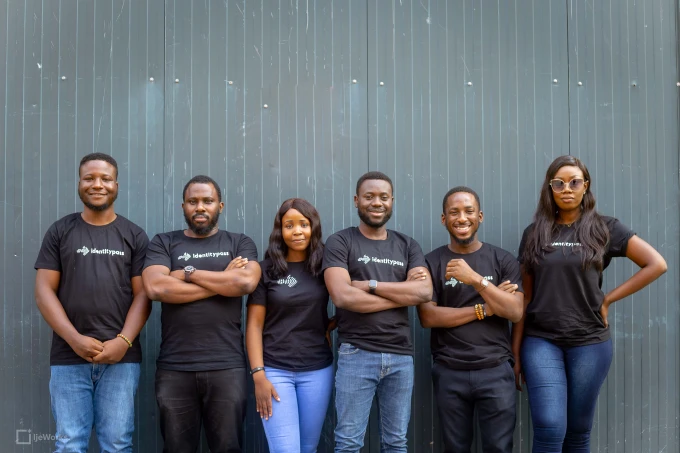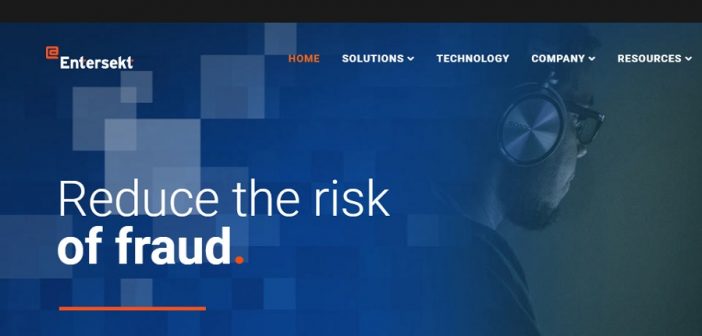Identitypass, an African identity verification API, has raised $2.8 million in preliminary funding.

As more individuals gain access to the internet for the first time, mobile penetration in Africa is rising to around 46%.
As a result, the market opportunity for startups, particularly fintechs and e-commerce, has expanded, as they aim to develop various solutions to suit the financial needs of the general public.
However, in order to do so, these organizations must perform identity verifications and KYC in order to prevent fraud, among other things. Identitypass, a platform that powers these KYC processes, said today that it has raised $2.8 million in seed funding, only months after graduating from Y Combinator. Last November, the startup raised $360,000 in pre-seed capital, bringing its total funding to $3.1 million.
According to reports, cybercrime costs African firms $4 billion every year. The global cost of this incident is estimated to be $1 trillion. As a result, fintechs and digital firms in Africa must do thorough KYC and verification checks on their clients.
However, the founders of Identitypass in Lagos didn’t establish the company because they were passionate about reducing fraud rates. According to Lanre Ogungbe, co-founder and CEO, the team was initially developing a platform that needed customers to make payments via biometrics (facial, fingerprints, or voice) and cards. However, they ran into problems doing verification checks while constructing the platform. As a result, the pivot was made.
“At the time we were constructing it [the payments system], no one on the market had the infrastructure we needed.” We intended to provide a replacement for authentication. “That was it,” the CEO said in an interview with TechCrunch.
After witnessing a rise in demand for fraud and identity challenges, the team reached out to fintechs to inquire about their solutions. The overall feedback, according to Ogungbe, was a system involving an in-house compliance team and transaction thresholds. To make transactions exceeding the threshold for the latter, customers would have to pass further investigative checks.
Meanwhile, several of these fintechs’ KYC processes were subpar because users simply had to fill in a few data points throughout the onboarding process. “We knew it wouldn’t work for us,” said Ogungbe, who launched the company last year with Niyi Adegboye, Ebuka Obi, and Tolu Adetuyi. “We already offer basic authentication using OTPs or a four-pin password, but we wanted to expand our authentication choices by launching Identitypass.”
Following that, Identitypass sought numerous agencies and authorities around the country to obtain the licenses and certificates required to authorize checks at a wide range of verification sites. In January 2020, it began with just one data point.
However, 200 active firms in fintech, e-commerce, education, and mobility already connect to 18 data sources on the platform to authenticate their consumers’ identities. These companies are based in Nigeria, the United Kingdom, Kenya, the United States, and India.
“At the heart of our business, we make it easy for digital businesses in Africa to check and confirm that their consumers are who they say they are,” stated the CEO.
“Before we came into the market, someone could pick another person’s BVN and use it to assess a lending facility,” the creator explained, explaining why Identitypass considers so many data points. “However, using technologies like ours, we can perform this type of verification to ensure that the individual giving the BVN, phone number, or bank account information is not the owner.”
Since its introduction, Identitypass has completed over 1 million unique verifications. National IDs, driver licenses, international passports, bank verification numbers (BVN), phone numbers, vehicle plate numbers, debit cards, security watchlists, and tax history are examples of government-approved IDs.
The identity and verification platform charges between 10 cents and 20 cents each verification, depending on the number of end points a company connects to.
In addition to its APIs, the two-year-old startup just released a SaaS platform. Identitypass, according to Ogungbe, has an advantage over similar participants in the industry, such as fellow YC-batchmate Dojah and veteran firm Smile Identity, because its new product is software rather than a plug-and-play solution.
“This sets us apart from the competition because we are currently the only providers of both an API and a SaaS-based verification solution.” We also have more data points than the majority of providers in the area. And no other company in the market uses data and biometrics for verification the way we do.”
This belief in its ability to be a “market leader” is propelling the corporation into uncharted territory: worldwide sales. On the call, the CEO mentioned an incident that occurred last month, when Mercury, based in the United States, banned the accounts of a few African businesses owing to compliance difficulties.
He believes Identitypass can prevent future incidents by bringing on corporations of Mercury’s magnitude to undertake background checks on African persons and businesses.
“We’re not going to stop there,” Ogungbe stated. “We would also collaborate with a number of regulatory organizations in Africa to establish a top-notch data security framework.” Finally, we will build more strong and strategic connections across Africa by collaborating with numerous coalitions.”
Identitypass wants to enhance its existing infrastructure, roll out additional verticals surrounding compliance, security, and data collecting, expand into new African nations, and add to its 14-person staff thanks to this seed funding lead by MaC Venture Capital. Other investors include Y Combinator, Soma Capital, True Capital Fund, and Sherwani Capital.







